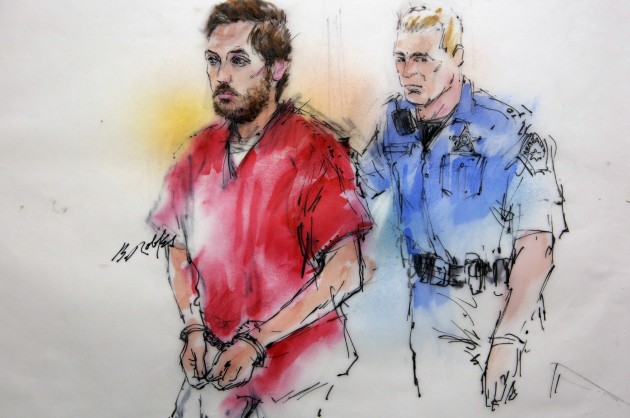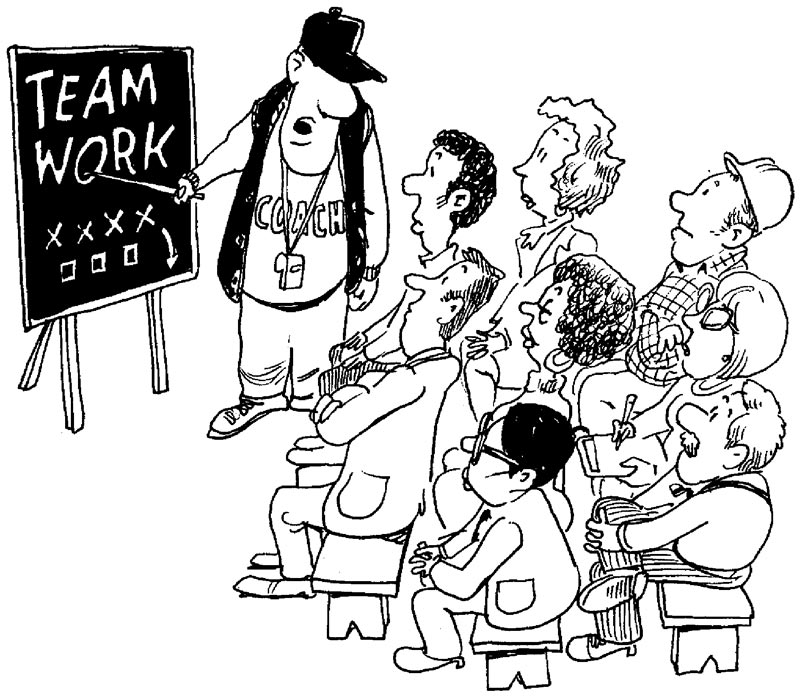
Rep Tim Murphy (R-PA) appeared on FACE the NATION yesterday along with Michael Fitzpatrick, the executive director of the National Alliance on Mental Illness, to discuss violence and mental illness.
Although the host kept trying to focus the discussion on whether or not video games spark mass shootings, Rep. Murphy did an excellent job explaining that the real issue that we need to address is our broken mental health system. Murphy worked as a psychologist before being elected to represent his Pittsburgh district, and he showed his mastery of the subject by explaining in a few moments how de-institutionalization and a lack of adequate community services have caused the criminalization of persons with mental disorders.







